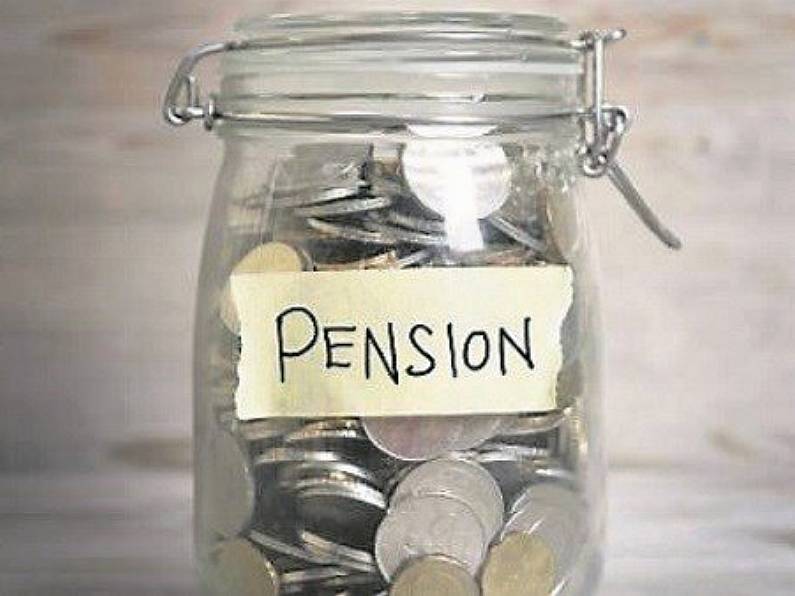Irish men are being paid 35% more from their pensions than women, according to new research.
The analysis, in a new report from the Economic and Social Research Institute (ESRI), shows the average weekly pension income for men was €433 compared with €280 for women.
The difference results from the level of take-up of private pension plans among women according to the report, titled Gender, Pensions, and Income in Retirement, published today.
About 55% of retired men receive a private or occupational pension — that is one supplemental to the State pension — compared with 28% of women. In terms of the State pension itself, no gender gap exists.
The research suggests, meanwhile, that the discrepancy in payout levels between the genders seen in private pensions stems from the lower relative years of work experience among women.
Overall, 93% of retired men in the report had worked for more than 30 years, compared with 33% of retired women.
In addition, 3% of retired men had never worked, compared with 22% of retired women. The report suggests higher levels of educational attainment serve to reduce the gender pension gap.
Adele Whelan, a research officer with the ESRI and one of the four authors of the report, said “a complex mix of factors” shapes the working lives of men and women, including personal desires, household decision making, social conditions, and public policy, and that the key to reducing the gap seen is the utilisation of measures to increase female employment levels and lower the differences seen in private pension take-up across genders.
Ms Whelan said solutions need to be found to better enable women to have continuity of employment in care-related scenarios, both for children and older generations.
“In some cases studied we have women who have higher levels of educational attainment than men, but the gender gap is affected by other factors — time spent out of the labour market, the assumption of a caring role, or even decisions made by couples as to who is working and who isn’t,” she said.
“We can’t say why it is the case, but women are more likely to take on caring roles, in terms of older people also, while there are also quite a few women who have never worked at all,” she said.
Pensions Council chairman Jim Murray welcomed the results and said it would contribute to the “detailed understanding of the Irish retirement system that we need to identify what policies are most likely to succeed”.
The data for the research was taken from the Irish Longitudinal Study on Ageing from 2010, which Ms Whelan said was the only set which “provided all the variables that we required”.
While such data does not exist for the present day, she said “were I to speculate, using [European Commission information and labour force surveys, I would say the gap has probably reduced, but nevertheless still exists”.
The study also looked at poverty in old age among retirees, and shows 8.6% of those aged over 65 are living in income poverty, compared with 16.2% of working-age people and 18.4% of children. There is no gender difference in income poverty, however.
The data considered also shows that women are more risk-averse and have poorer financial literacy skills than men, according to the report.
By Cianan Brennan - Irish Examiner













